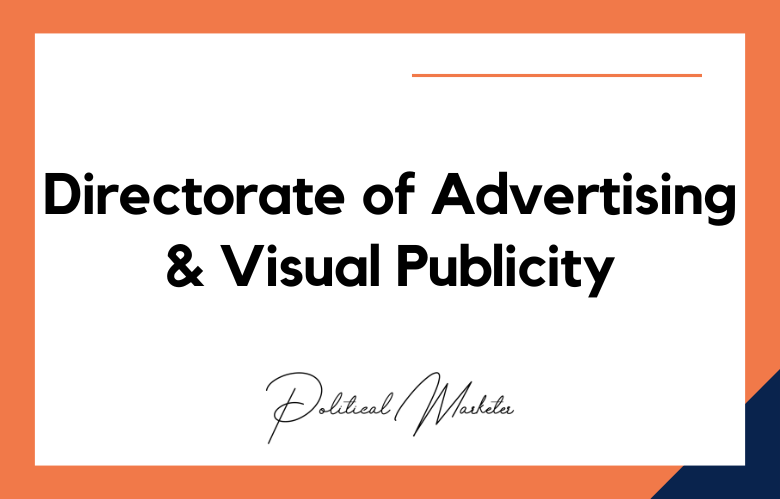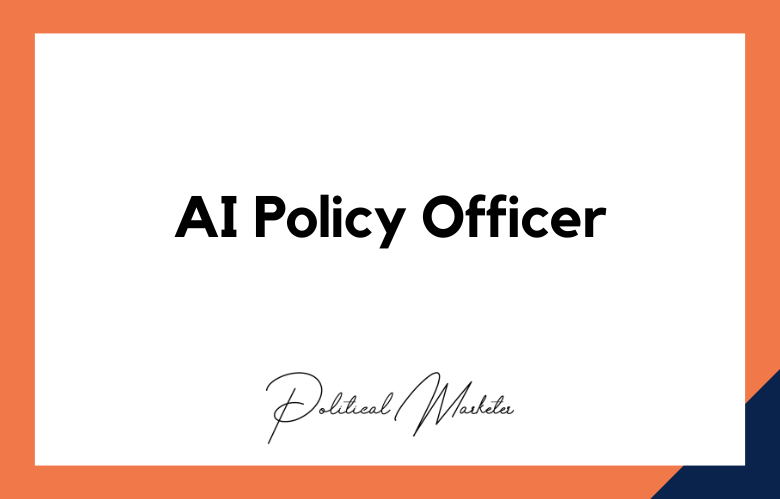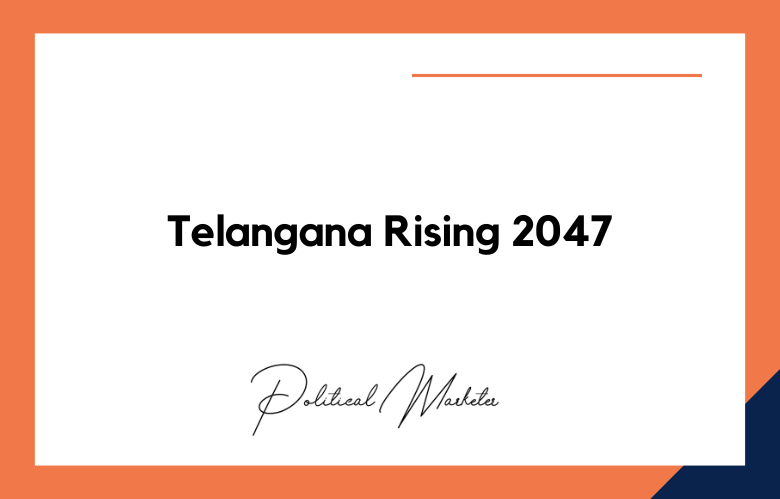Music has always played a crucial role in our lives, whether we work out, party, or celebrate occasions. Music can unite people, influence our emotions, and even stir revolutions. Because of this, music is an essential tool in political campaigns.
Political campaigns have been using music to reach people for decades. The use of music helps to create a connection between the candidate and the voters. Today, we will look at how music can enhance political campaigns with the power of songs.
What are the Political Campaigns with the Power of Music & Songs?
Political campaigns often use various tactics to capture the attention of voters. One powerful tool that has been used for decades is music.
Music can convey emotions, connect with people, and amplify messages. Many political campaigns have successfully used music to engage voters and create a sense of unity and excitement.
I will explore the history of using music and songs in political campaigns and how they have evolved.
The use of music and songs in political campaigns dates back to the early 1800s when presidential candidates such as Andrew Jackson and William Henry Harrison wrote and used campaign songs.
Why Campaign The Power of Political Campaigns Through Music?
When it comes to political campaigns, music plays a crucial role in garnering public support and creating a powerful identity for a candidate.
A political campaign with the power of music and songs can create a powerful connection with voters by expressing their ideas, values, and emotions. We’ll dive into the importance of campaign anthems and how they have influenced past and present political campaigns.
History has shown us that memorable music often accompanies great political campaigns. Take, for instance, the inspiring song “Yes We Can” by Will. i.am, released to support Barack Obama’s presidential campaign in 2008.
The catchy beat, the hopeful lyrics, and the powerful message of unity helped rally the masses and create a sense of excitement and hope for the future.
The success of Obama’s campaign was partly due to this song, which not only became an anthem for his campaign but also became symbolic of a change that America was seeking.
How Music and Songs are Changing Political Campaigns
When we think of political campaigns, we typically think of speeches, debates, and lawn signs. However, music and songs have been integral to political campaigns for many years.
From anthems to protest songs, music has the power to inspire, motivate, and unite people. We’ll explore the use of music and songs in political campaigns and how it has become an effective tool for politicians worldwide.
Music can evoke emotions, convey messages, and inspire listeners. It can also help politicians connect with voters personally, creating a sense of unity and belonging.
For example, Barack Obama’s 2008 campaign utilized music to connect with younger voters. The campaign featured famous artists such as Jay-Z, Beyoncé, and Bruce Springsteen, who played at rallies and events to energize the crowds.
Ways To Enhance Political Campaigns with the Power of Music & Songs
Music and songs have always been powerful tools in political campaigns, capable of evoking emotion, shaping identity, and strengthening connections between leaders and citizens. In politics, sound often transcends language barriers, turning abstract messages into emotional experiences that resonate with the public.
Political campaigns use music to define mood, reinforce slogans, and symbolize unity. Songs can celebrate a candidate’s ideals, commemorate milestones, or rally people toward a common cause. They act as emotional anchors, helping voters remember the message long after the speech ends.
In modern campaigns, music is strategically integrated across digital and physical spaces from rallies and advertisements to social media videos and short-form content. Custom anthems and jingles help personalize the candidate’s image, while curated playlists and soundtracks enhance storytelling and emotional recall.
Cultural sensitivity and authenticity are crucial when selecting or composing campaign music. The right blend of lyrics, rhythm, and tone can inspire hope and inclusivity, while misjudged compositions risk alienating communities or appearing performative.
With the rise of AI-generated compositions and audio branding, campaigns can now create hyper-personalized music tailored to regional preferences and voter sentiments. When used ethically and creatively, music becomes more than a background element; it becomes a strategic instrument of persuasion, identity, and emotional unity in political communication.
| Aspect | Description |
|---|---|
| Purpose | Music helps campaigns connect emotionally with voters, reinforce messages, and build memorable political identities. |
| Emotional Influence | Evokes pride, hope, unity, and passion, making political messages more relatable and impactful. |
| Cultural Resonance | Tailoring songs to local languages, traditions, and regional music styles enhances inclusivity and authenticity. |
| Campaign Anthems | Custom songs or jingles act as powerful rallying tools that encapsulate a candidate’s message and vision. |
| Sound Branding | Establishes an auditory identity through consistent use of theme songs, chants, or signature tunes across campaign materials. |
| Message Reinforcement | Lyrics are used to highlight core promises, slogans, or ideologies in a catchy and repeatable format. |
| Digital Integration | Music is woven into social media reels, advertisements, and YouTube videos to boost engagement and recall. |
| Event Atmosphere | Sets the tone at rallies, parades, and public meetings, energizing crowds and enhancing participation. |
| Psychological Connection | Music activates emotional memory, making voters associate certain feelings with a candidate or cause. |
| Storytelling through Sound | Combines melody and lyrics to narrate the candidate’s journey, values, and empathy toward citizens. |
| Influencer Collaborations | Partnering with popular singers or composers amplifies visibility and credibility among younger audiences. |
| AI-Generated Compositions | Campaigns now use AI to compose region-specific or emotion-driven tracks that resonate with local voters. |
| Ethical Sensitivity | Music choices must respect cultural boundaries, avoid propaganda tones, and maintain moral integrity. |
| Symbolism | Songs represent unity, resistance, hope, or renewal, becoming symbols of larger social and political movements. |
| Viral Potential | Catchy tunes and choruses are easily shared online, multiplying campaign reach organically. |
| Multilingual Appeal | Creating versions of campaign songs in different languages fosters inclusivity and national outreach. |
| Historical Continuity | References to patriotic or legacy songs evoke nostalgia and connect modern campaigns to past movements. |
| Emotional Story Arcs | Tracks can mirror the campaign’s phases—from struggle and determination to victory and celebration. |
| Audio Consistency | Repetition of recognizable sounds and themes reinforces identity across all campaign touchpoints. |
| Long-Term Impact | Memorable campaign music often outlives the election itself, becoming part of the political and cultural memory. |
The Power of Music in Political Campaigns: How Songs Can Shape Elections
Political campaigns have always relied on various tools and strategies to connect with voters, from traditional yard signs and canvassing to more modern social media and email marketing.
However, one such tool that has been used in campaigns for decades and arguably has the unique power to stir emotions and shape public perception is music.
Music has played a vital role in political campaigning, from catchy jingles and campaign theme songs to playlists curated for rallies and speeches. We will explore the history and impact of music in political campaigns and how it can influence voter behavior.
Music acts as a communication tool:
Music transcends language barriers and connects people from different cultures and backgrounds. Political campaigns have used music to appeal to other communities, ethnicities, and age groups.
It is easier to convey a message through music as people can relate to it better than lengthy speeches. Music can amplify the candidate’s message, increase its impact, and make it more memorable.
Helps to create an emotional connection:
Music evokes emotions, and political campaigns can use it to instill feelings of hope, enthusiasm, empathy, and patriotism.
A piece of music that resonates with voters can transform a dull campaign into something that inspires and motivates. The right song can create an emotional bond between the candidate and the voters, increasing voter turnout.
Helps to create a brand image:
A candidate’s branding is essential in politics, and music can significantly create it. A catchy jingle can be embedded in advertisements, rallies, and speeches to make them more memorable and distinctive.
The right music can help create a brand image that resonates with the voters. It’s essential to choose a theme that represents the message and values of the candidate.
Helps to reach out to the youth:
Studies have shown that the youth are more likely to engage with political material if it is presented through music.
Young voters are critical in any campaign, and campaigns must use the right music to reach out to them. By incorporating the right music, movements can connect with the youth and encourage them to vote.
Reflects the candidate’s values and beliefs:
Music can reflect the candidate’s values, beliefs, and character. By using music that resonates with the candidate’s message, voters can better understand their mission and principles. Music can be an instrument to convey the candidate’s approaches, issues, and positions.
Conclusion:
Music has the power to transform the way we see, interact, and connect with the world. Political campaigns can leverage the power of music to enhance their message and engage with voters.
Music’s ability to create an emotional connection, transcend language, and reflect the candidate’s values makes it an essential tool in any political campaign.
It’s no wonder music has been a vital element in politics for decades. By incorporating music into political campaigns, candidates can make their message more powerful, memorable, and appealing to voters.
Integrating music into political campaigns will ultimately lead to more engaged voters, better turnouts, and a more responsive and responsible democracy.
Call: +91 9848321284
Email: [email protected]
Enhancing Political Campaigns with the Power of Music & Songs: FAQs
Why is music important in political campaigns?
Music evokes emotions, enhances message retention, and energizes supporters, making it a powerful tool for voter engagement.
What roles do campaign songs play in elections?
They unify audiences, reinforce slogans, set the tone, and become audio symbols of a political identity or movement.
How can music influence voter perception?
By creating emotional connections, enhancing relatability, and amplifying candidate values through melody and lyrics.
What genres are most effective in political campaigns?
It depends on the target audience—folk, hip-hop, regional, or pop styles can all be effective when culturally aligned.
Can music be used to boost political branding?
Yes. Signature jingles or theme songs can become synonymous with a candidate or party and aid brand recognition.
How do parties use music during rallies?
Music sets the atmosphere, energizes crowds, marks speaker entrances, and reinforces emotional momentum throughout the event.
What is the ideal length of a political campaign song?
Typically between 30 seconds to 3 minutes—short versions for ads, longer for events or streaming platforms.
Are campaign songs used across social media platforms?
Yes. Short, catchy versions are commonly used in Reels, Shorts, and stories to maximize reach and virality.
Who creates political campaign music?
Professional composers, in-house creative teams, or local artists aligned with the party’s values and regional tastes.
Can regional music make a difference in local elections?
Absolutely. Songs in local languages and styles can deeply resonate with rural or regional audiences and boost relatability.
What are the legal considerations when using music in campaigns?
Rights clearance is essential—unauthorized use can result in copyright strikes or public backlash from artists.
How do songs help in voter mobilization?
Uplifting music can be used in videos, ads, and door-to-door canvassing to motivate turnout and unify volunteers.
What role does music play in political ads?
It sets tone, pace, and mood—background scores or jingles influence how the ad is received and remembered.
How does music contribute to political storytelling?
Lyrics and melodies can encapsulate the campaign’s vision, highlight issues, and humanize the candidate.
Are parody songs useful in political campaigns?
When done right, they add humor and virality—especially in digital-first strategies aimed at youth.
How can campaigns measure the effectiveness of music?
By tracking engagement metrics—stream counts, social shares, audience reactions, and media mentions.
Can theme music help counter negative press?
Yes, positive anthems can redirect attention, uplift campaign morale, and reframe public discourse.
What is the history of music in political campaigns?
From FDR’s “Happy Days Are Here Again” to Obama’s playlists, music has long been a campaign staple globally.
Should political campaigns collaborate with celebrities or musicians?
If aligned with the party’s image, collaborations can expand reach, especially among younger demographics.
What’s the future of music in political campaigns?
It will continue evolving—AI-generated music, influencer remixes, and immersive audio will become key assets.










